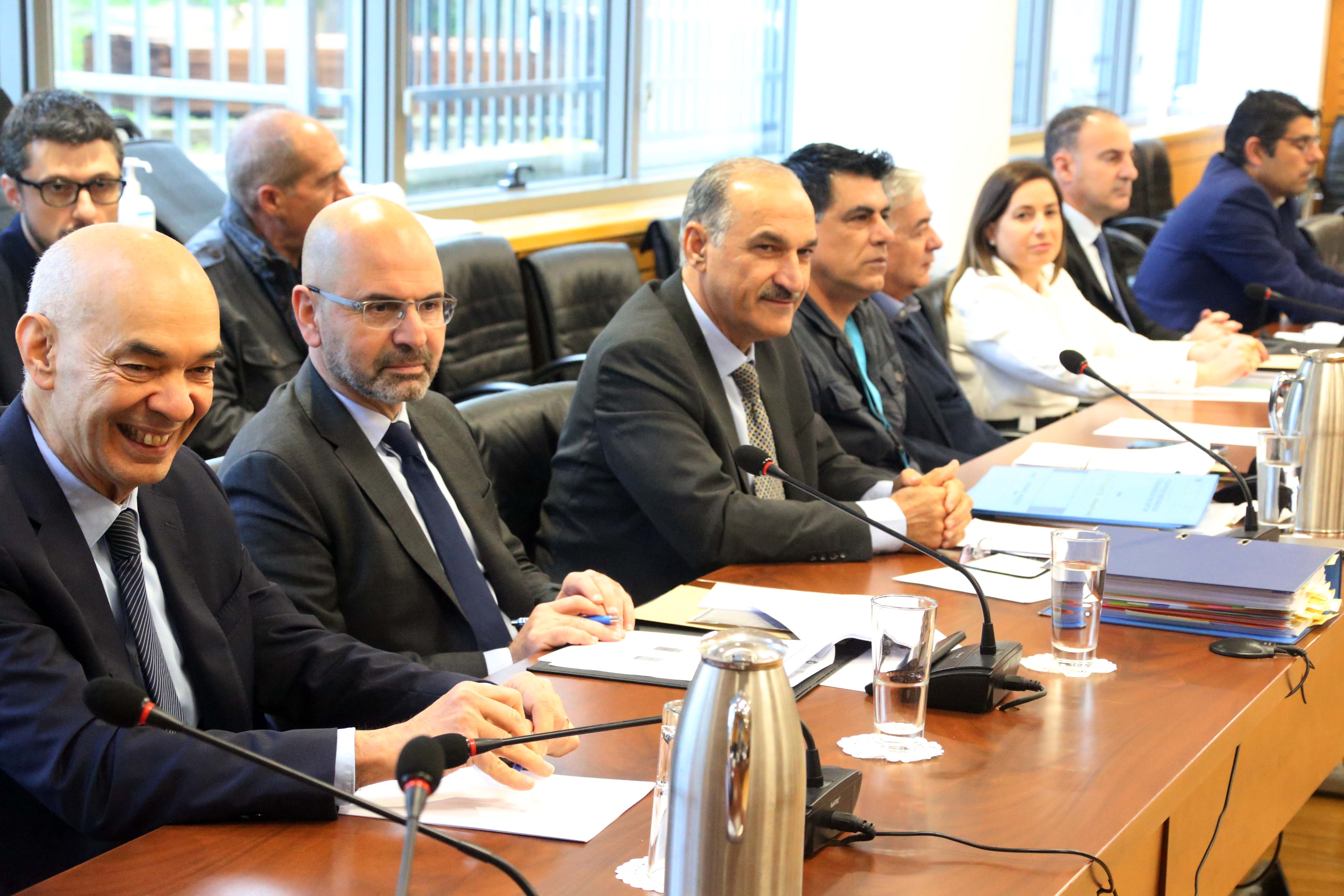The highway connecting Paphos and Polis Chrysochous will “give a future” to the residents of the region, Transport Minister Alexis Vafeades said on Thursday.
Addressing the House audit committee, he said the project is about more than just a road.
“This road is not just to manage cars, it is there to give a future to all residents of Polis Chrysochous and the region in general. To give them an opportunity to have quick access to education, health services, and work,” he said.
He also re-confirmed that the road will have four lanes, and not two, as some reports have suggested.
He added that with the construction of the new road, “a new and easy access will be provided to Polis Chrysochous for all Cypriots”, which will allow for the region to develop economically, and to fight back against urban sprawl in Paphos.
Updating the committee on progress, he said his ministry is now going ahead with the tendering procedures for both the project’s two phases, with the first phase set to link Paphos with the village of Stroumbi, and the second phase to connect Stroumbi with Polis Chrysochous.
Construction had already begun on the project’s first phase but was brought to a grinding halt last year after the government cancelled a contract with Greek construction company Intrakat.
Vafeades said his ministry is aiming for the new contractor for the project’s first phase to be in place in September, and for a contractor to be in place for the second phase by February next year.
He also said his ministry “intends to proceed” with the construction of a road segment connecting the highway with the village of Mesogi, as well as the construction of a junction at the village of Marathounta, “so that the entire region can benefit from this new connection”.
Asked whether Cyprus benefited from last year’s cancellation of the contract with Intrakat, he said the termination of any project “is a setback”, but that “in some cases, a contract must be terminated to be able to move forward, lest you constantly go backwards or remain stagnant”.
He explained that the project “had to be terminated based on the regulations that the state must follow”, before touching on the matter of the cost of the project so far, saying the value of the work performed by Intrakat was around €16 million, and that 90 per cent of that figure was paid for by the government.
“Therefore, based on this, one can easily discern that we have not lost money,” he said.
Former auditor-general Odysseas Michaelides was also invited to the meeting and spoke of “some risks in relation to the handlings that took place during the termination of the contract”.
He said the government had “failed to inform the contractor before seizing the guarantee” it had paid.
He added that it now must be “ensured” that the contractor was the “culprit” in this case, “so that it cannot invoke our own weaknesses in administration and escape its own responsibility”.
“This is the requirement to protect the Cypriot taxpayer’s interest,” he said.
Committee chairman and Diko MP Zacharias Koulias asked about the 10 per cent of the money for the project which Vafeades had not accounted for and also expressed reservations about the road’s design.
“If we cannot build it in its entirety, let us build a part of it and build the rest when we can, but it must be a safe road,” he said.
Vafeades had initially confirmed last month during a visit to Polis Chrysochous that the road will have four lanes, even if “it will take us a few years”, with the cost of the project in its entirety having been estimated at €330 million.
He also said the road will be complete by 2030 or 2032.
Polis Chrysochous mayor Yiotis Papachristofi said Vafeades had committed to visiting the area every three months to “monitor the schedules” of the road project and the road segment connecting to the village of Mesogi, as well as renovations at the Latchi harbour.






Click here to change your cookie preferences